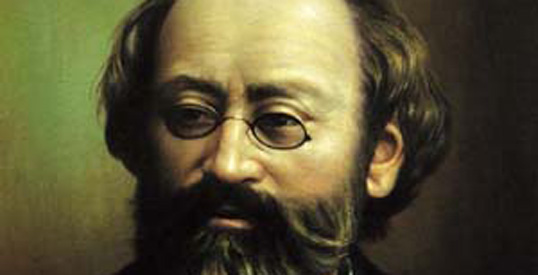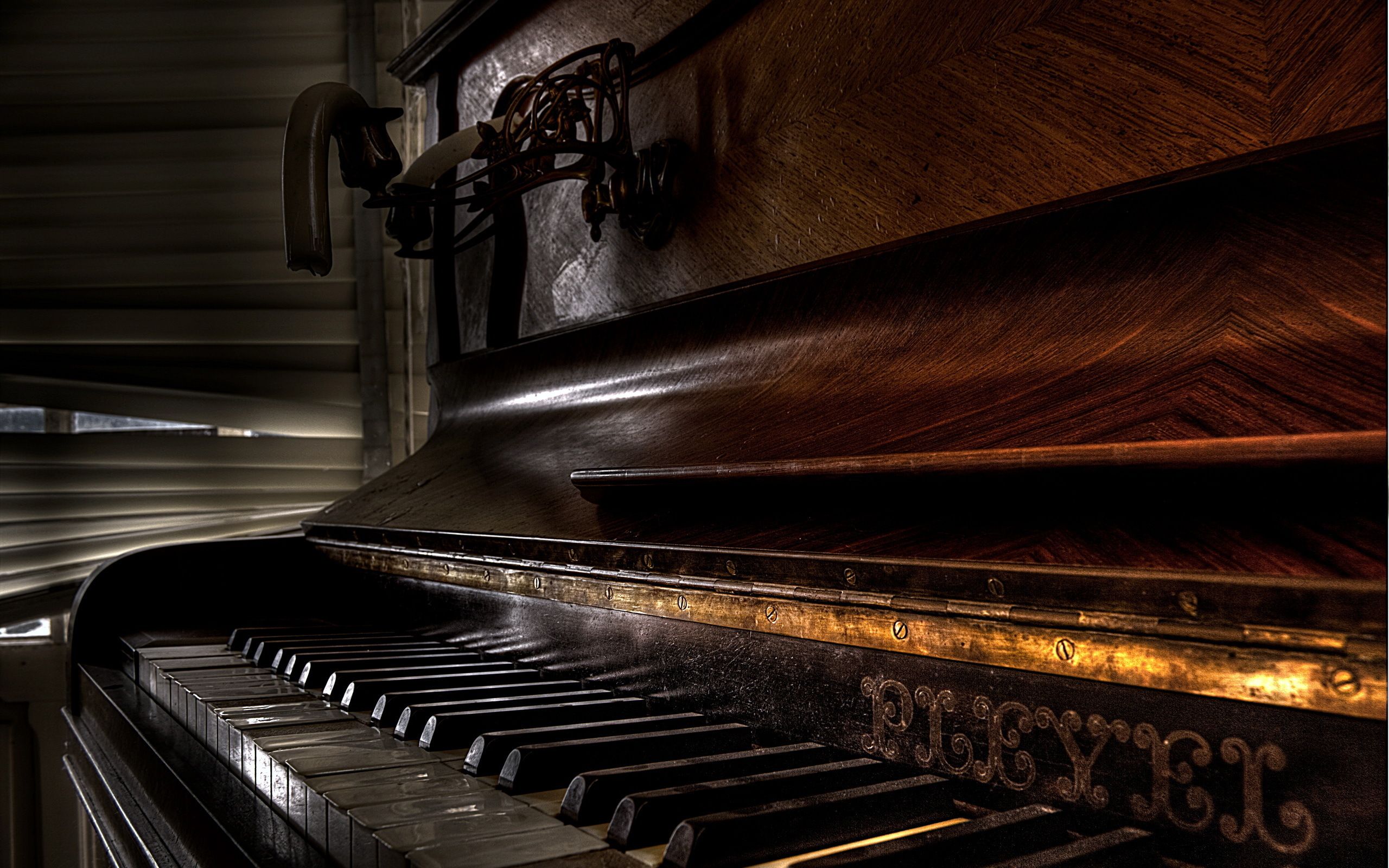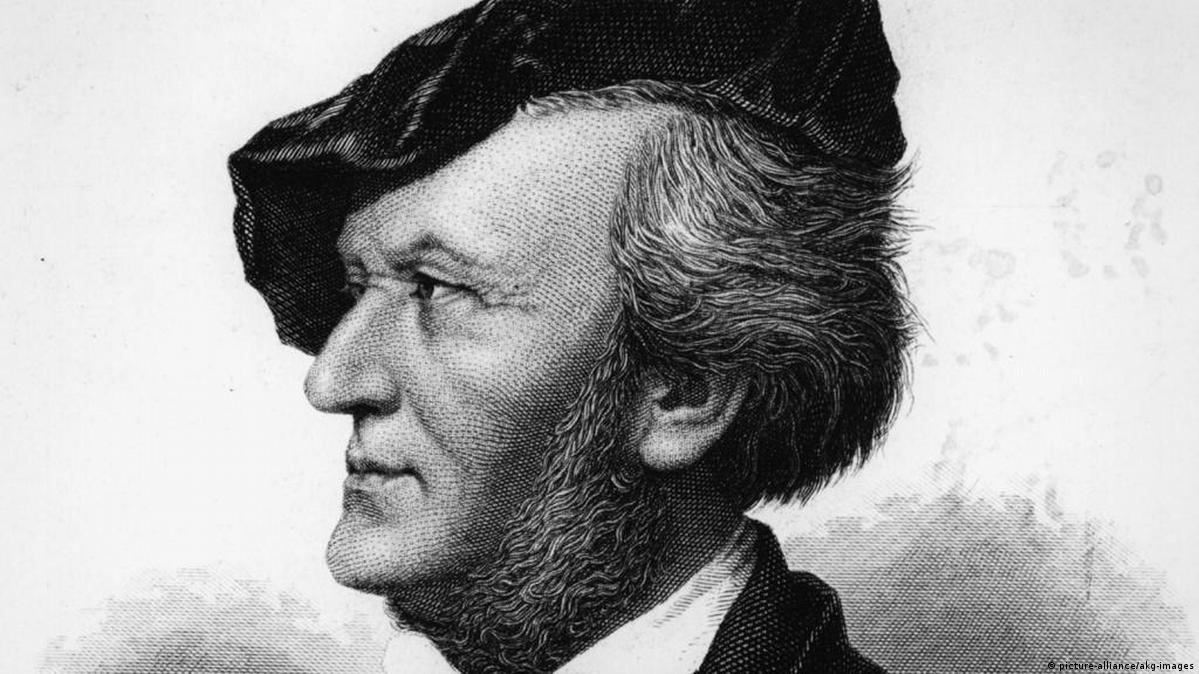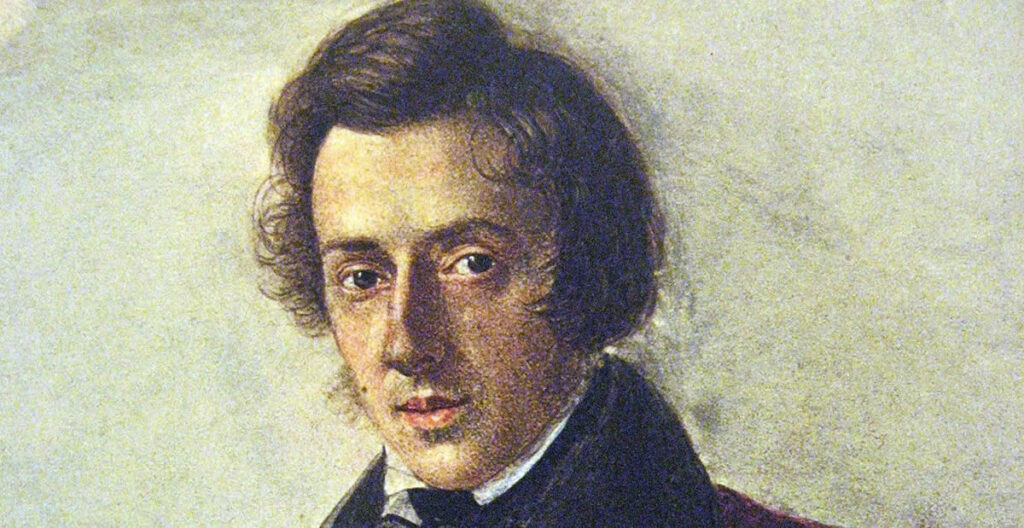When it comes to romantic and emotive compositions, few composers can match the artistry of Max Bruch. Born in Cologne, Germany, in 1838, Bruch left an indelible mark on the world of classical music. His compositions possess a captivating blend of passion, rich melodies, and orchestral brilliance that continue to resonate with audiences today. In this blog post, we dive into the mesmerizing realm of Max Bruch's music and explore the 10 best songs that showcase his remarkable talent and enduring legacy. Max Bruch's compositions continue to enchant listeners with their passionate melodies and exquisite craftsmanship. Whether it is his violin concertos, orchestral works, or chamber music, Bruch's music has an enduring appeal that resonates across generations. Exploring these 10 masterpieces by Bruch is a gateway to a world of profound emotions and timeless beauty, reminding us of the enduring legacy of this remarkable composer.
Throughout the history of music, numerous instruments have captivated audiences with their melodious sounds and unique qualities. Among these extraordinary inventions stands the magnificent piano, an instrument that has mesmerized generations of musicians and listeners alike. In this blog post, we embark on a journey through time to explore the fascinating story behind the invention of the piano and its evolution into the beloved instrument we know today. To fully appreciate the piano's creation, we must first travel back to the Baroque period. During this time, the harpsichord reigned supreme as the primary keyboard instrument. With its plucked strings and limited dynamic range, the harpsichord produced a beautiful but mechanically uniform sound. Yet, musicians yearned for an instrument capable of expressing a wide range of emotions with greater nuance.
Richard Wagner's passion for music blossomed at an early age. Growing up in a theatrical family, he was exposed to the arts from the start. Although his father died when he was just a child, the young Wagner found solace in music, teaching himself to play the piano and composing his first pieces. His talent caught the attention of his family, and he received formal musical training at the Leipzig University and later at the Dresden University of the Arts.
The piano is a keyboard instrument that has a long and rich history of innovation and evolution. It is widely regarded as the most popular and versatile musical instrument in existence, capable of producing a wide range of sounds and expressions. The piano's invention is attributed to Bartolomeo Cristofori (1655-1731), an Italian harpsichord maker who devised a new mechanism that allowed the player to control the volume and dynamics of the sound by varying the force of the key strike . He called his invention "gravicembalo col piano e forte", or "harpsichord with soft and loud" .
Frédéric Chopin was a Polish composer and pianist who lived from 1810 to 1849. He is widely regarded as one of the greatest composers of the Romantic era and one of the most influential musicians in history. Chopin was born in Żelazowa Wola, a village near Warsaw, to a French father and a Polish mother.



